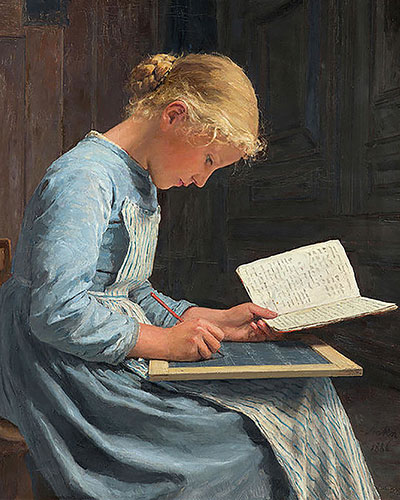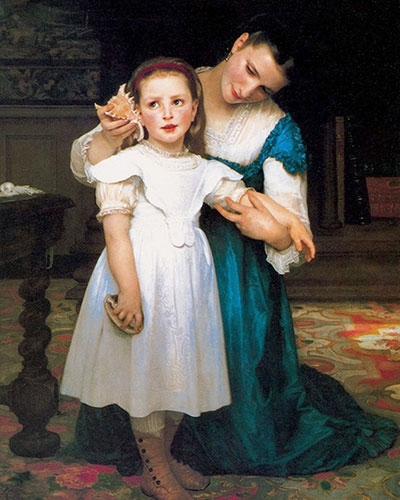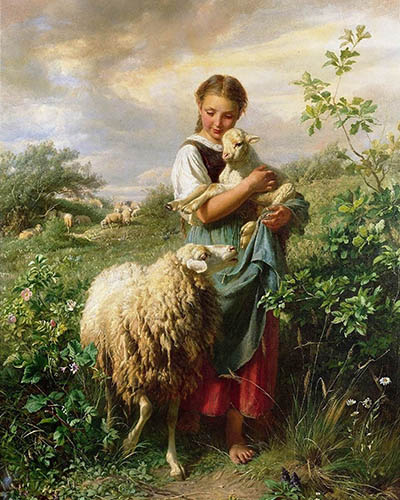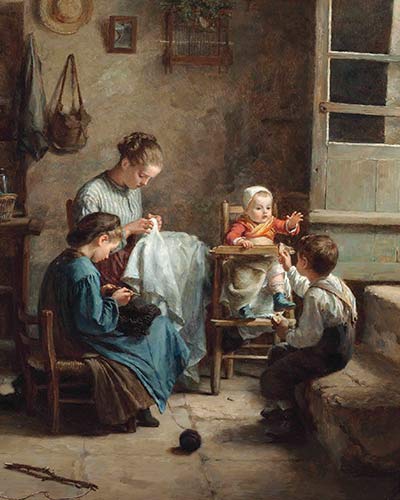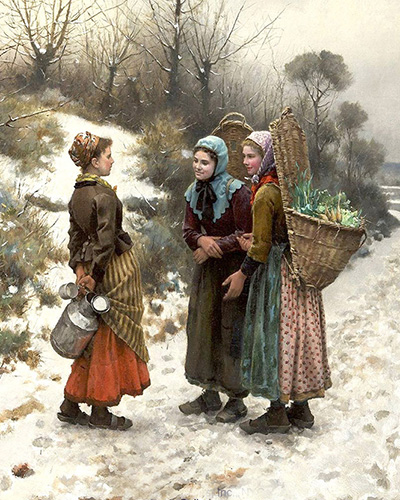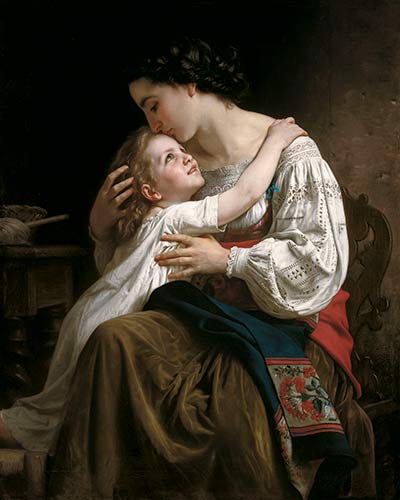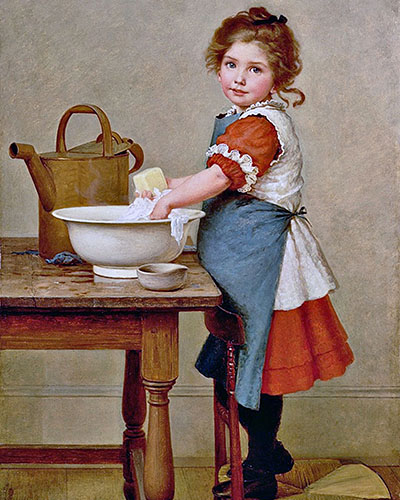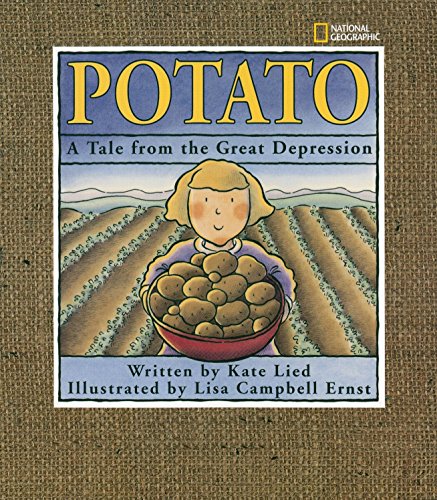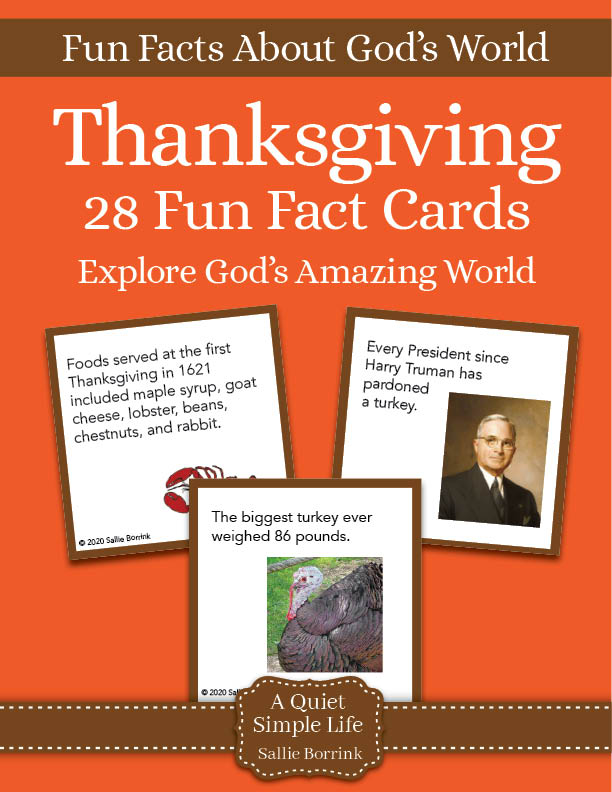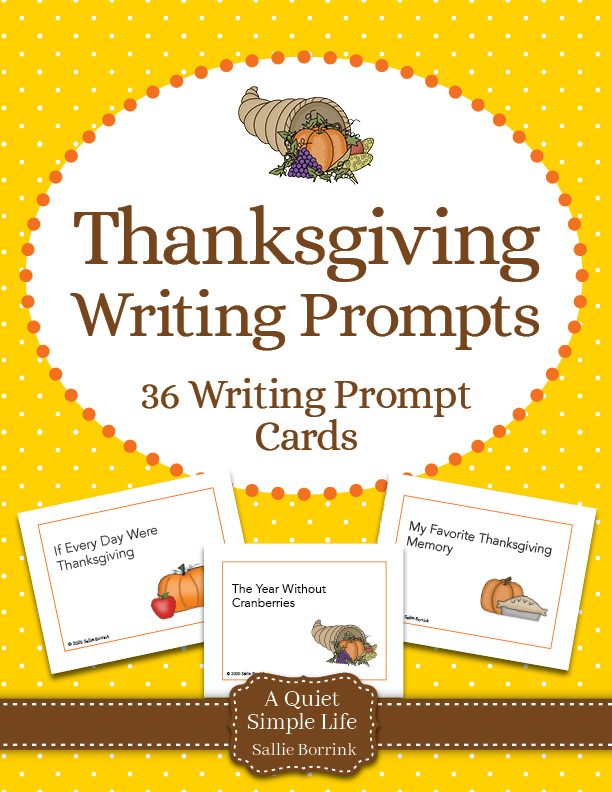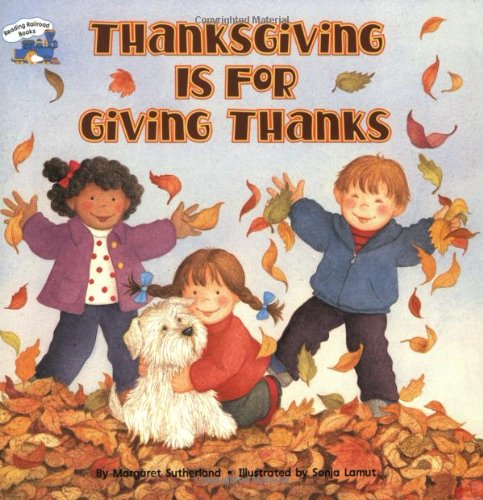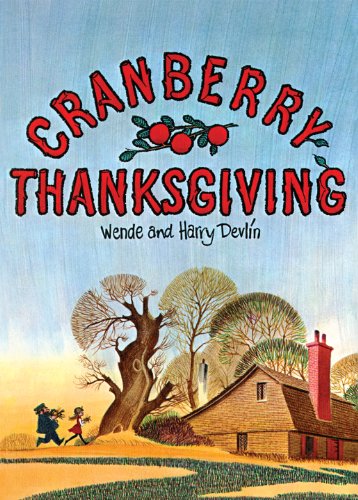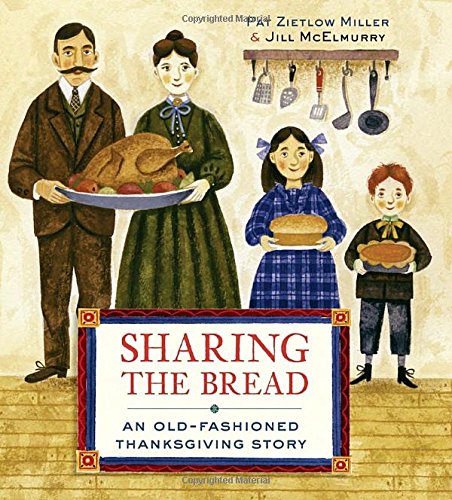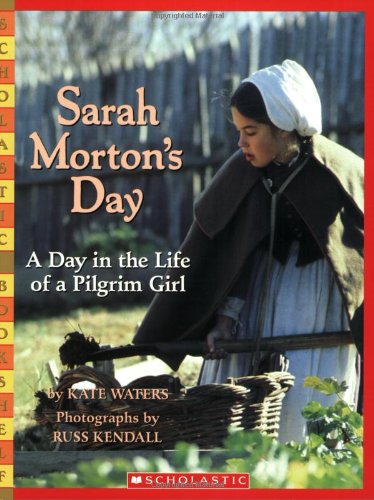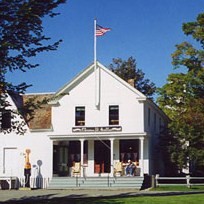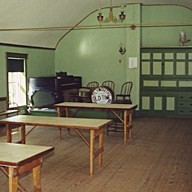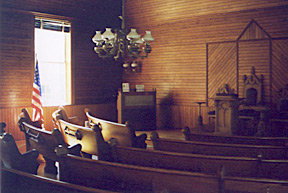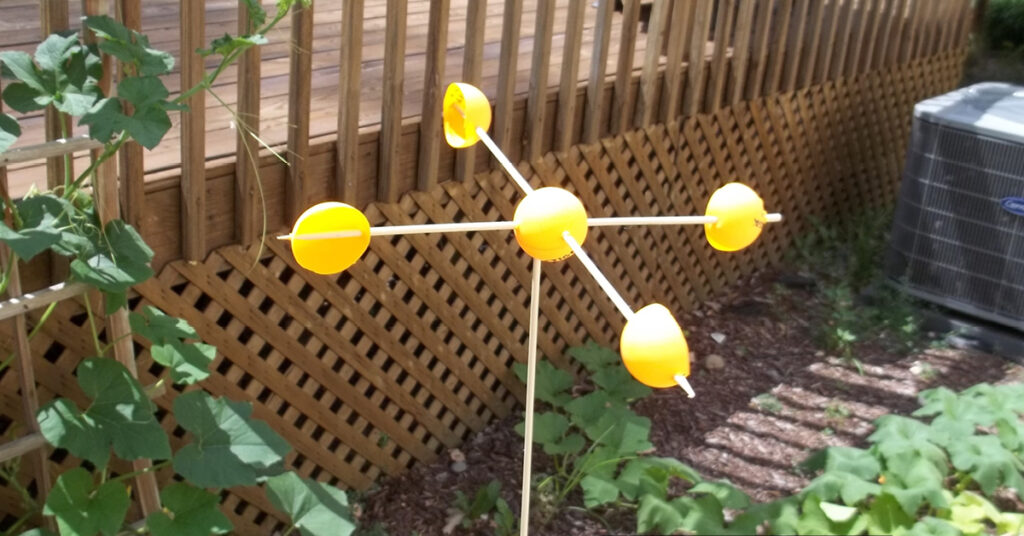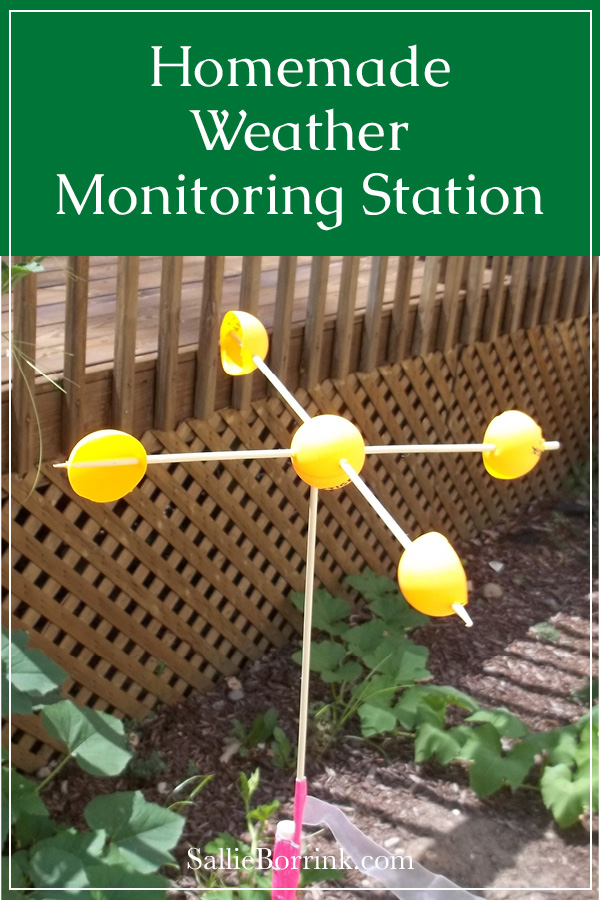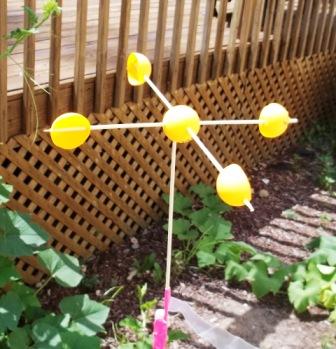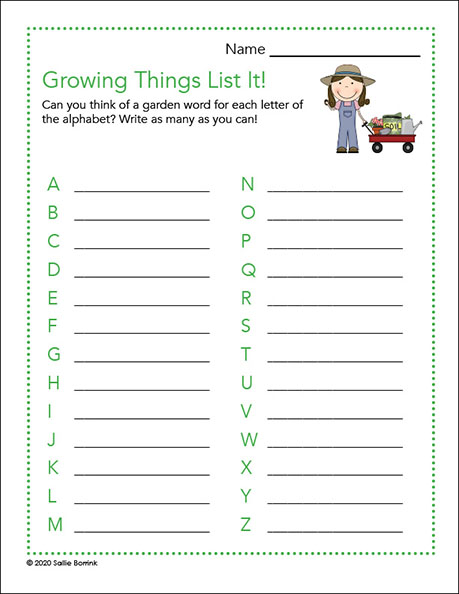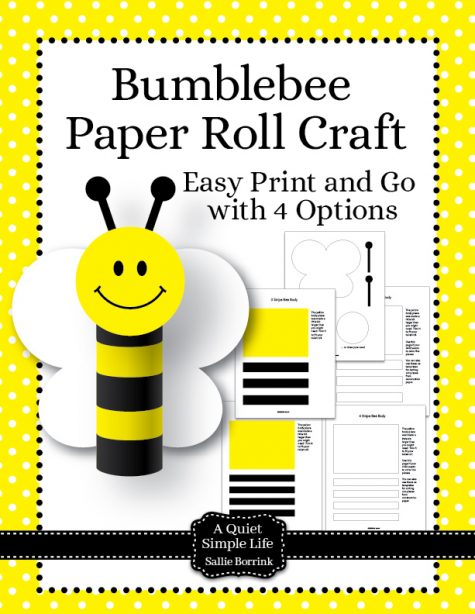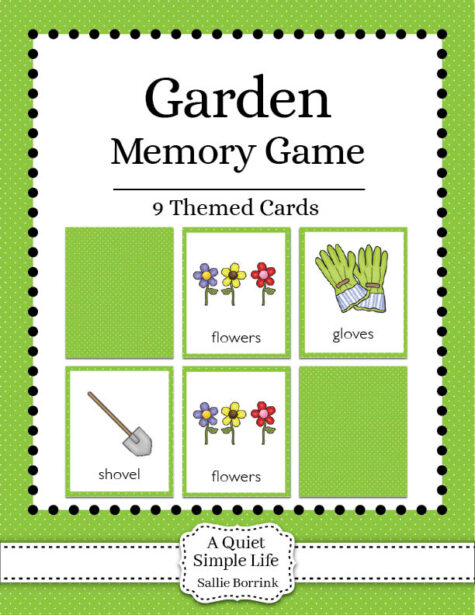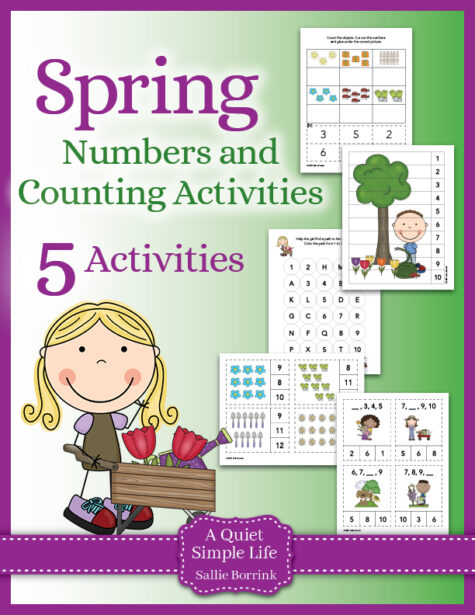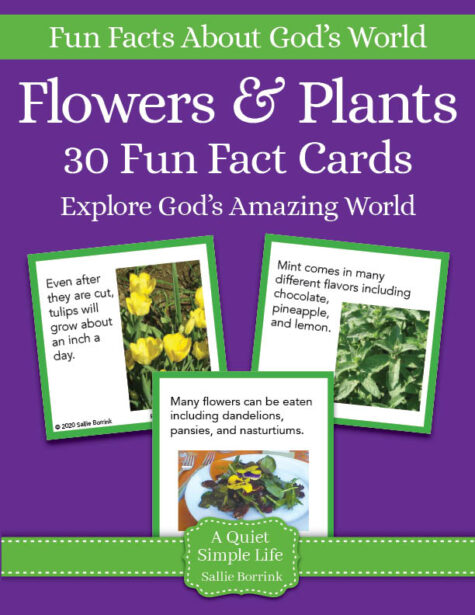Christmas is a great time to enjoy some simple learning activities with your child. These Christmas projects and writing prompts cover many aspects of the Christmas season and should only require items you already have around the house. So set aside all the complicated and overwhelming ideas you see online and enjoy spending time with your child with these simple Christmas learning activities.
Christmas Themed Acrostic
Write an acrostic poem or short story in line form for Christmas. For each letter, write a word, phrase or sentence about Christmas. Use any of these words:
- Merry Christmas
- Santa Claus
- Reindeer
- Baby Jesus
- The Wise Men
- Christmas Eve
- December
- Bethlehem
Christmas Carol Diorama
Make a shoebox diorama of a favorite Christmas carol. Carols that could work especially well would include:
- O Little Town of Bethlehem
- Silent Night
- It Came Upon the Midnight Clear
- The Little Drummer Boy
- Angels We Have Heard on High
- Away in a Manger
- The First Noel
- What Child is This?
Family Celebrations Book
Make a small book about how your family celebrates Christmas. Select a piece of construction paper and fold it in half to make a book cover. Fold several sheets of white printer paper in half and staple the book together.
On each page, write a few sentences about some aspect of your family celebration and illustrate it. Illustrations could be done in colored pencil, crayon, or even photos.
Topics could include:
- Tree Trimming Traditions
- Decorations
- Getting Together with Friends and Family
- Gift Giving Traditions
- Special Foods
- Special Activities
- Church Activities
- Traveling
How Many Words?
How many words can you make using one of the following words/phrases?
- Merry Christmas
- December
- Christmas Eve
- Holly Jolly Christmas
- Saint Nicholas
Crossword Puzzle or Word Search
Create a crossword puzzle or word search on graph paper using Christmas words and ideas. Brainstorm as many Christmas words as you can before starting. (If you have my Learning With Themes Activity Pack, there is a page like this in there.)
Christmas Writing Prompts
Use one of the following writing prompts to write a short story.
- The Perfect Christmas Morning
- Christmas Chaos in Springfield
- My Best Christmas Present
- A Christmas Kitten
- Santa, Rudolph and the Firemen
- One Christmas Wish
- The Christmas Cookie Caper
- Mittens and Kittens
- The Gingerbread Family
- Peace on Earth, Goodwill to Men
- If I Decorated Our House for Christmas
- A Mixed Up Shopping Trip
- My Vacation at the North Pole
- Too Many Snowflakes
- The Great Caroling Catastrophe
- Mary’s Little Baby Boy
Christmas Card Mobile
Make a mobile using old Christmas cards, a hanger, string, scissors, tape/glue, and a paper punch. Cut out parts of Christmas cards that are beautiful or represent a special part of Christmas. If you like, you can write a few words on the back of the cutout.
Or if you prefer something that looks a little neater, use index cards and mount the part of the Christmas card you cut out. Put a Christmas card section on each side of the index card and the mobile will be decorative no matter which way you look at it. Punch holes in the top middle of the card and hang with string from the hanger. The cards can be decorated and hung vertically or horizontally.
Don’t miss these two sections of Christmas printables in my shop! Just click to go there.
